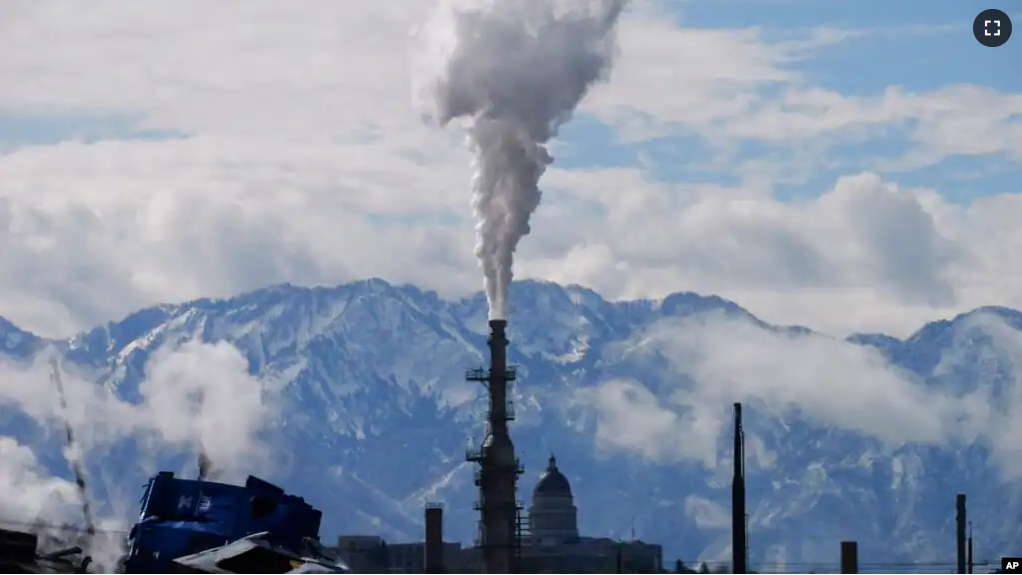Degrowth economics is the idea that the planet cannot survive endless economic growth. That idea goes against modern economics, where growth is widely considered the best way for nations to build wealth.
But the theory is becoming more accepted. Climate change continues to worsen and supply shortages are giving people a taste of a world with limited resources. The problems have led some economic experts to consider what a degrowth world might look like.
More talks on degrowth
The U.N. climate science agency this year called for cuts in consumer demand, a major degrowth idea. In April, the Intergovernmental Panel on Climate Change declared that cuts to consumer demand were needed to reduce carbon emissions. Efforts to reduce carbon emissions were previously centered on increasing the use of clean fuel technology.
The term has also started to appear in investment notes.
“It is a provocative term,” said Aniket Shah. He is with the investment banking company Jefferies. “But it’s not about going to a low-income country saying, ‘You can’t grow anymore’,” he said. “It’s saying: We need to look at the entire system and see how do we over time decrease total consumption and production in aggregate.”
The World Economic Forum, the organization that runs the Davos economic meeting, published a degrowth article in June. The article suggested that “it might mean people in rich countries changing their diets, living in smaller houses and driving and traveling less.”
For Jefferies’ Shah, those kinds of behavioral changes could make degrowth investments more popular.
He said that the online meeting service Zoom, for example, is a company that could be considered degrowth.
“…I can certainly see how a world that uses more web-conferencing … means less travel, which is a very high-carbon-intensive way of transportation,” said Shah.
Different economic measurements
Some countries have tried to measure economic outcomes differently than just growth. The small Asian nation of Bhutan famously created a “gross national happiness” measurement. Japan is looking into creating a “green GDP” measurement. GDP, short for Gross Domestic Product, means the value of goods and services produced in a country.
But still, economic policy and markets are mostly driven by increasing consumption and production.
Tim Jackson is an economist who has long criticized that model. He said the pandemic and the Ukraine war both challenged consumption with other concerns, like health or global political goals.
At the same time, some countries could enter a state where their economies show little if any growth. This could be caused by many things like an aging population, limited international trade, or a lack of economic reforms.
Japan is a country that has experienced this. Experts also see it as a risk for Germany unless it quickly reforms its economic model.
“Particularly in the advanced economies we are moving into a situation where to all intents and purposes, we’re pretty much not looking at continued growth already,” said Jackson. “If we haven’t got an economics that will deal with that .. then we’ve got very little chance of managing it successfully.”
I’m Dan Novak.
Dan Novak adapted this story for VOA Learning English based on reporting by Reuters.
__________________________________________________________________
Words in This Story
consumer — n. a person who buys goods and services
provocative — adj. causing discussion, thought, argument, etc.
income — n. money that is earned from work, investments, business, etc.
aggregate — n. thought of as a whole ; all together
conference — n. a formal meeting in which a small number of people talk about something
challenge — n. to test the ability, skill, or strength of
advanced — adj. far along in a course of progress or development
